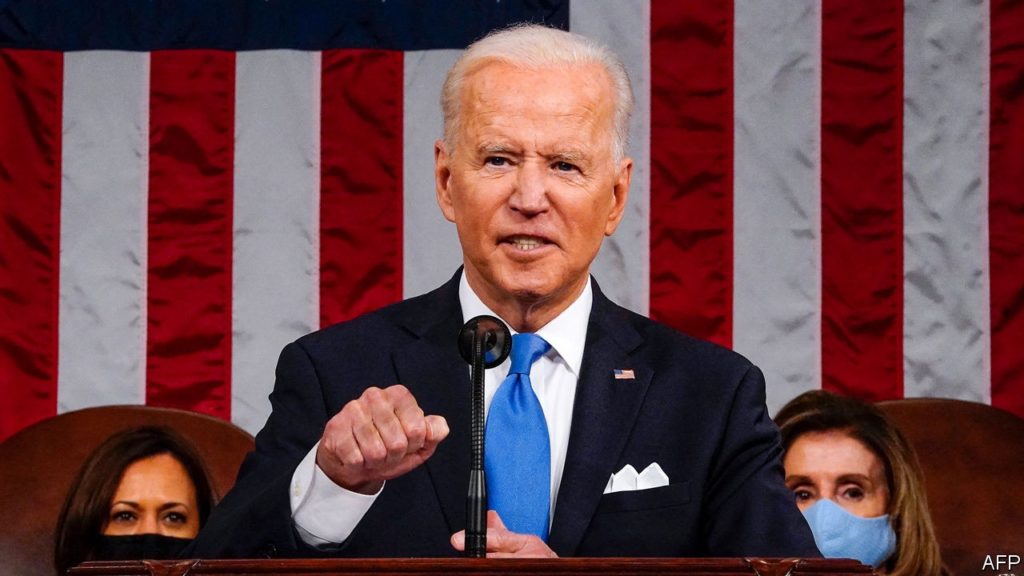|
Getting your Trinity Audio player ready...
|
Ban TikTok – The US House of Representatives Foreign Affairs Committee has approved legislation that will make it easier to ban TikTok and other Chinese technology companies from the country.
The bill authorizes the Biden administration to implement a nationwide ban on TikTok, as well as impose penalties on its parent company ByteDance, should it transfer data of its US users to China.
The legislation also weakens the Berman Amendment, which restricted the flow of informational materials from foreign countries to the US. The amendment’s protections do not extend to “sensitive personal data”. Democrats argued that the bill was “unvetted and dangerously overbroad”, while Republicans urged Congress to act quickly, citing concerns over US citizens’ privacy.
The proposed legislation, known as H.R. 1153 or the Deterring America’s Technological Adversaries Act, has elicited strong reactions from various quarters, with some arguing that the bill is unconstitutionally broad and threatens free speech online.
The legislation would allow the Biden administration to ban TikTok and its parent company ByteDance from the US under the International Emergency Economic Powers Act (IEEPA). Specifically, the bill requires President Biden to impose penalties against these companies if the administration determines that they may have knowingly transferred TikTok’s user data to any foreign person working for or under the influence of the Chinese government.
The legislation would also require sanctions against these companies if they have facilitated election meddling, surveillance, hacking, censorship, intelligence-gathering, or influenced US policymaking on behalf of the Chinese government.
In addition, the bill weakens a 35-year-old law known as the Berman Amendment to IEEPA, which prohibits the US government from restricting the free flow of “informational materials” to and from foreign countries. The proposed legislation specifies that “sensitive personal data” does not qualify for the Berman Amendment’s protections, allowing the US government to impose restrictions on the international flow of data under IEEPA.
Supporters of the bill argue that it is necessary to protect US national security interests, as TikTok and ByteDance may be pressured by the Chinese government to hand over the personal information of US users. Critics, on the other hand, contend that the bill is overly broad and could have unintended consequences, such as harming US and European businesses or damaging allegiances with other countries.
The bill’s advancement to the House floor has sparked debates, with panel members split along party lines. Republicans such as Foreign Affairs Committee Chairman Michael McCaul argue that the risks of allowing TikTok to operate in the US are too great and that Congress must act quickly to protect US interests. Democrats, however, contend that the legislation is hastily drafted and overly broad, and warns of unintended consequences.
The bill still needs to pass a vote on the House floor and the Senate before it becomes law. The debate on the proposed legislation highlights the ongoing concerns regarding national security and data privacy, as well as the challenges of balancing these concerns with the protection of free speech and the interests of businesses.
